Breaks benefit more than we know
As finals approach, students make studying their number one priority, but often forget about taking healthy, necessary breaks.
May 24, 2022
It is that time of the school year again; the end of the semester is in sight, the air is warming and the flowers are blooming, yet most students only have finals on their minds.
Between essays and quadratics, taking a break seems like time completely wasted. With deadlines looming, putting work aside feels like the worst possible choice, but what if taking breaks is the key to breezing through the last few class days?
Researchers from the University of Illinois studied four groups of people to prove the benefits of taking breaks. Each group had fifty minutes to complete a brain-intensive task; the group that took the most breaks had the highest amount of energy by the end of the fifty minutes. The lead of the study, professor Alejandro Lleras, found that the brain begins to stop paying close attention to something if it remains constant. Therefore, taking a break after studying a certain topic refreshes the brain.
Study breaks can be very beneficial; however, according to a study published in the Journal of Behavioral Addictions, scrolling on a phone during a break does more harm than good. College undergraduates were given a series of word puzzles to decode and were allowed to take breaks on their phones.
The participants who looked at their phones during their breaks took 19% longer to solve the puzzles, managing to solve 22% fewer problems than the other participants who might have looked at a computer or something on paper during their breaks. According to the author of the study, when one looks at their cell phone, they feel a psychological need to continue interacting with others. While cell phones can be essential in some situations, they can be more distracting when taking a break to refocus.
Study breaks can help with not only refocusing but also reducing stress and helping memory retention. An all-work-no-play type of lifestyle can limit the amount of time spent doing enjoyable activities and self-expression, but taking time to unwind and enjoy breaks can help students de-stress and relax.
Multiple studies have shown that breaks can strengthen neural connections in the brain which also strengthens memory. The brain makes new connections with the most recent information focused on which helps to store those memories more efficiently.
Instead of using a cell phone, try other activities that bring you more energy and joy. Helpful breaks could include creating art, stretching or going for a walk, taking a shower or a nap (aim for under an hour!), or simply just taking deep breaths with a mini-meditation.
Time management can be very difficult, but setting timers or creating a schedule for your study nights can make fitting in breaks much easier. Humans tend to have an attention span of about eight seconds (goldfish can pay attention for a whole second longer than people despite the insult, “attention span of a goldfish”!), so researchers suggest taking a fifteen to twenty-minute long break every fifty to ninety minutes of studying. If that seems like too much studying at once, the Pomodoro technique allows five-minute breaks every twenty-five minutes of working.
“I like to listen to music a lot, and I also like to watch TV while I’m doing everything…I think watching TV is definitely more helpful because I am actually able to stay interested and stay focused, but also have something interesting going on in the background,” said Maggie Pensabene ‘22 on how watching shows she enjoys helps her push through her homework.
“To unwind, I like to go outside and get some fresh air, and it helps me because it helps me not..think about the stresses of life,” said Caroline Bladeck ‘25. The spring weather makes going outside a bit easier. It is very soothing and helpful to either sit outside to do your work, or to go out for a study break.
“To take a break, I like to hang out with my friends,” said Jamie Miller ‘25.
Next time you feel as though you cannot force another fact into your brain, listen to your body and close your iPad. Study breaks are not as counter-effective as we are sometimes taught. Although they may seem like small and insignificant actions, study breaks can help the outcome of your schoolwork as well as your mental health. Change your scenery, get fresh air, dance to your favorite song—anything that will help you loosen up after sitting and working for long periods.

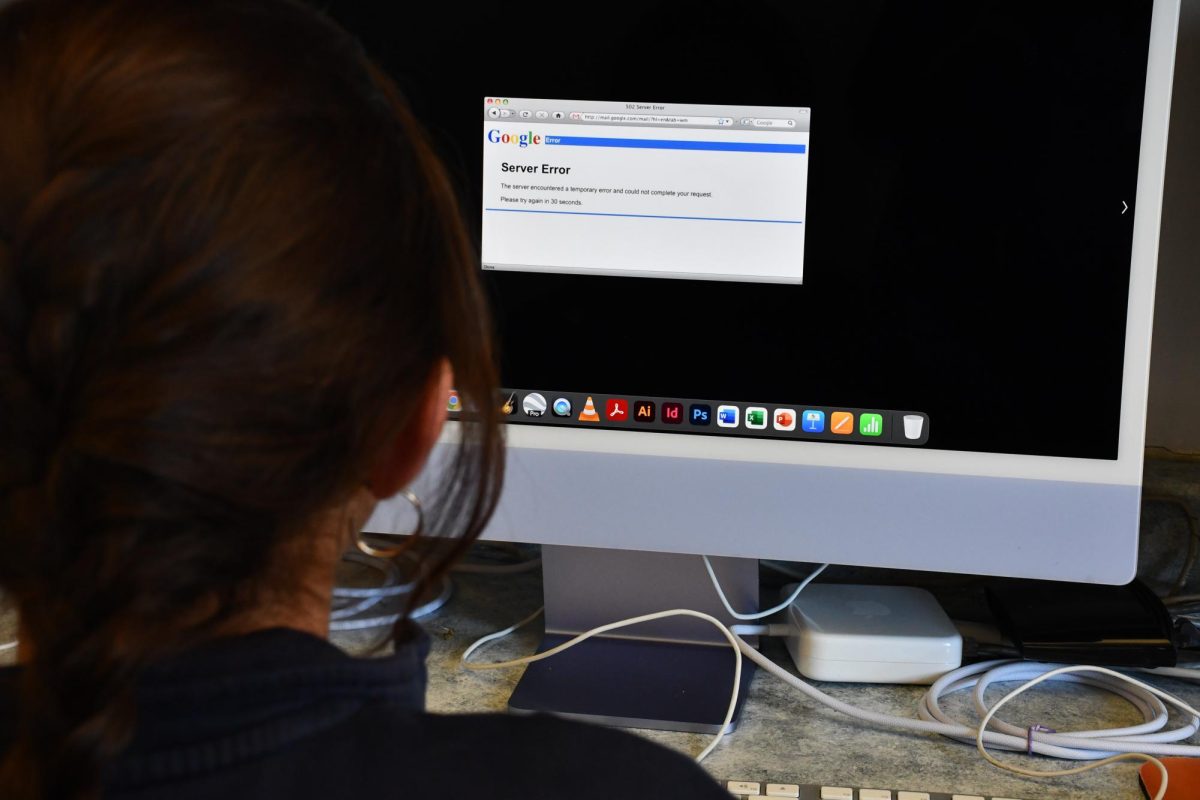







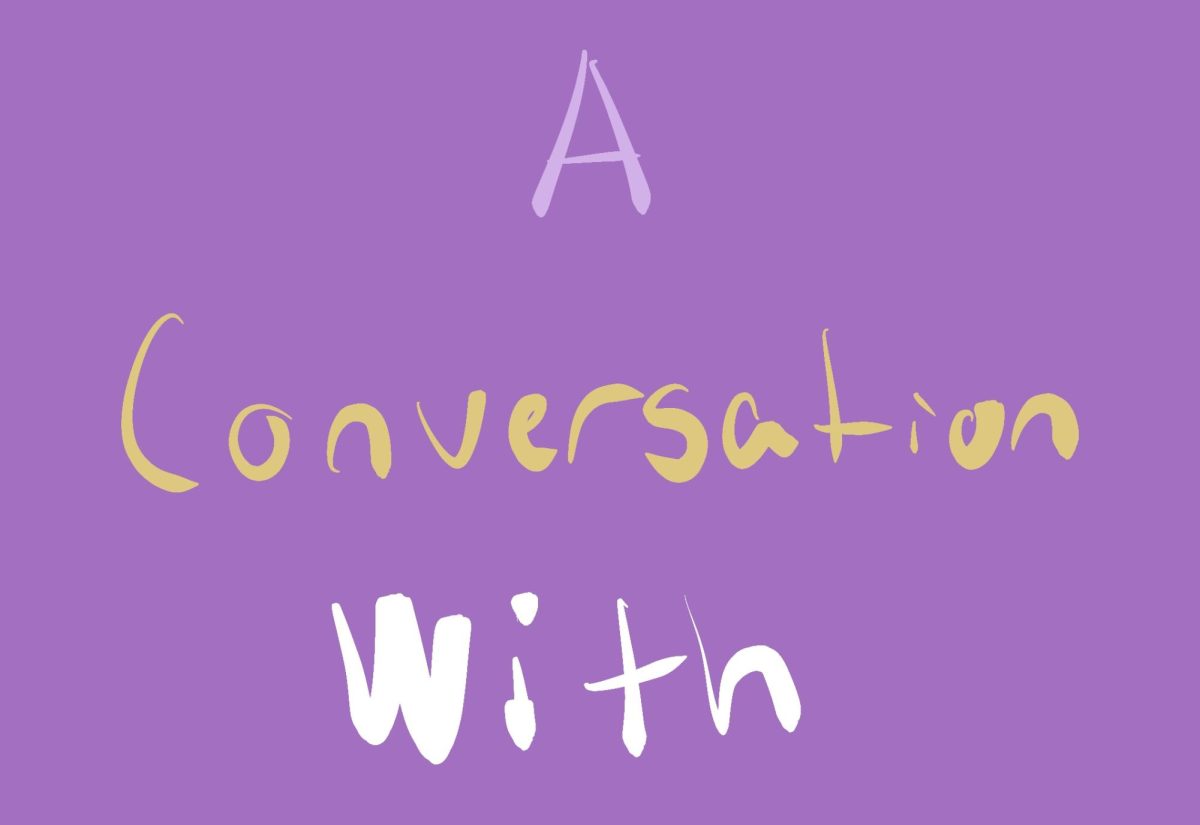


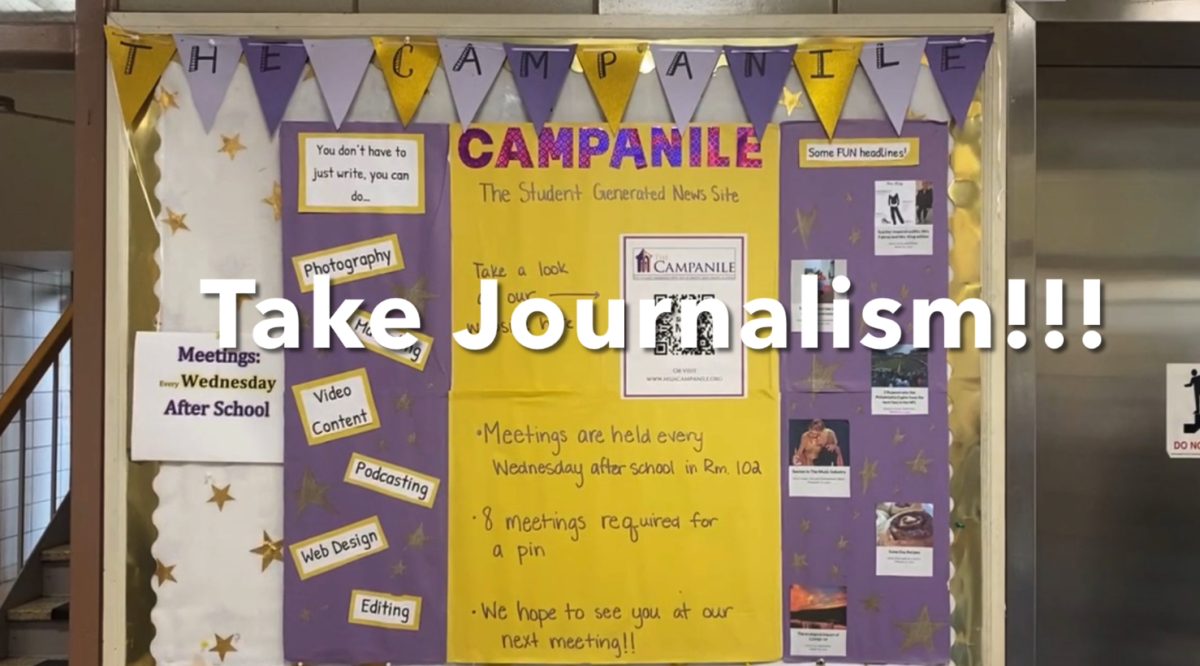

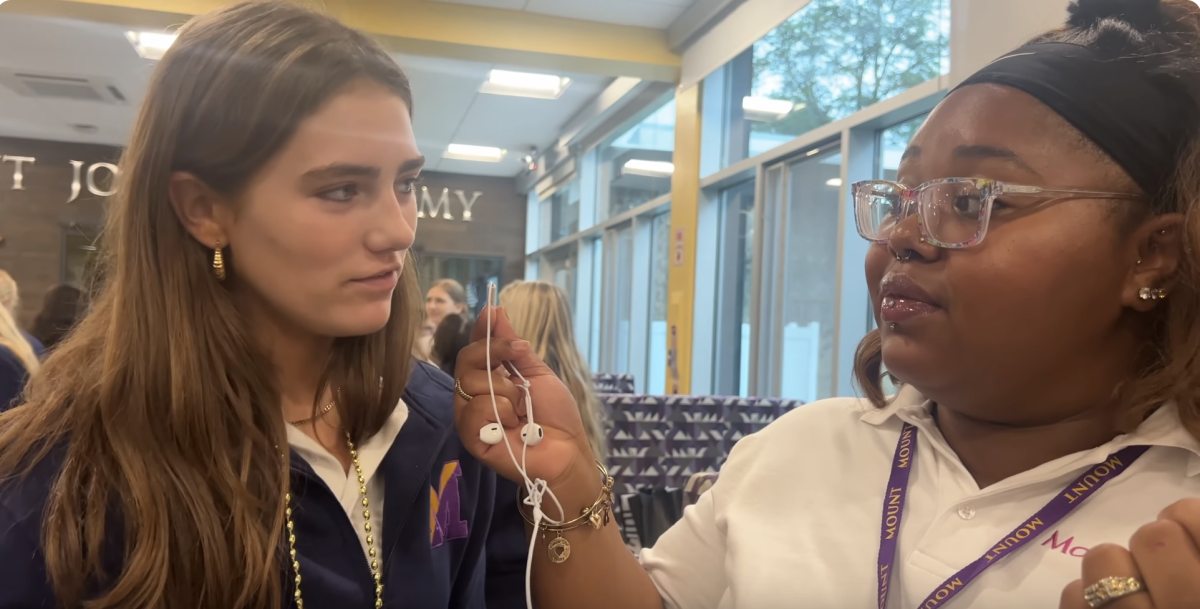
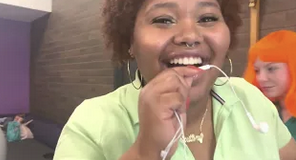

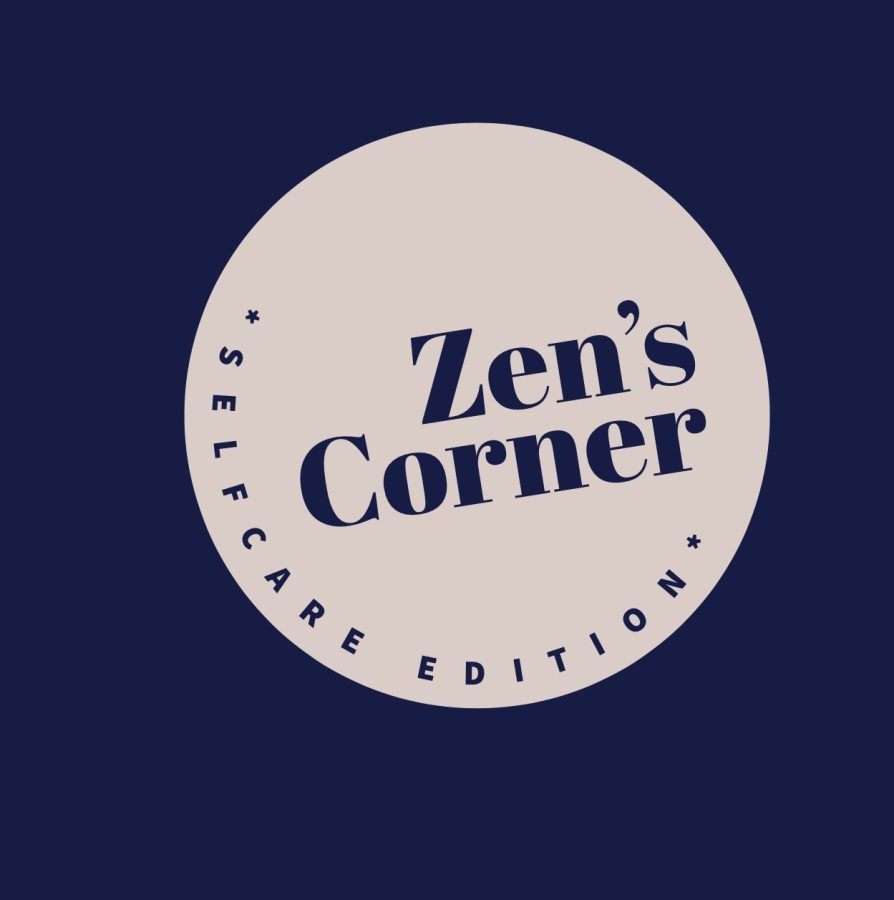

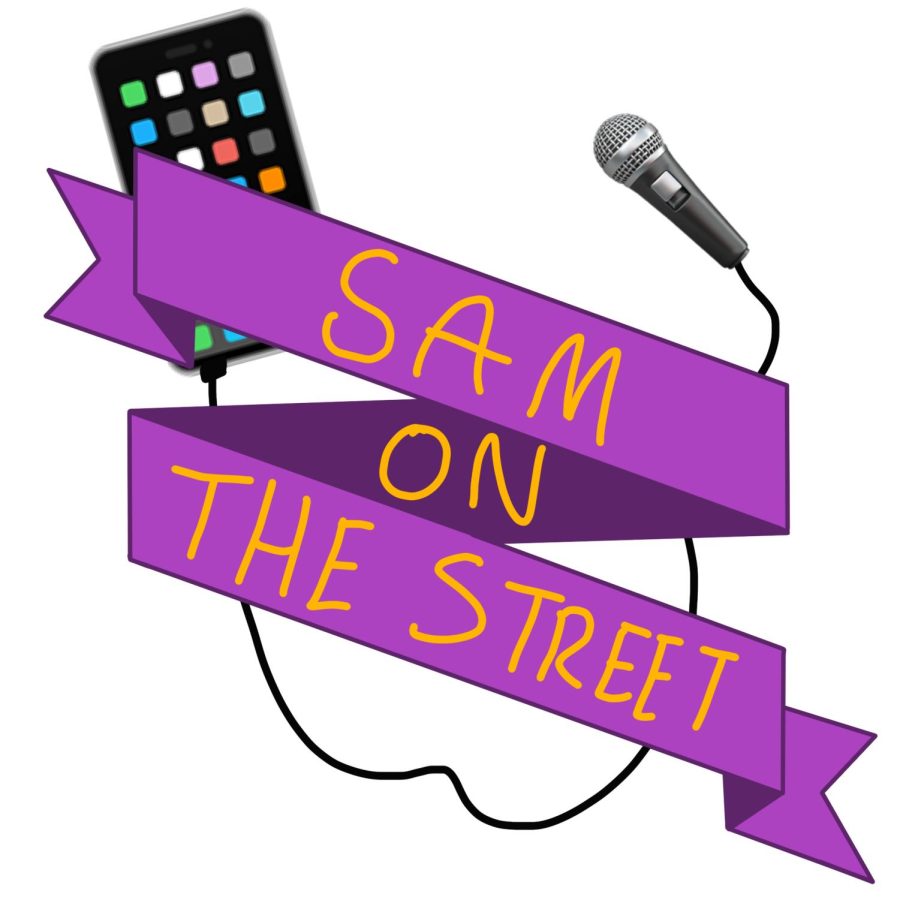






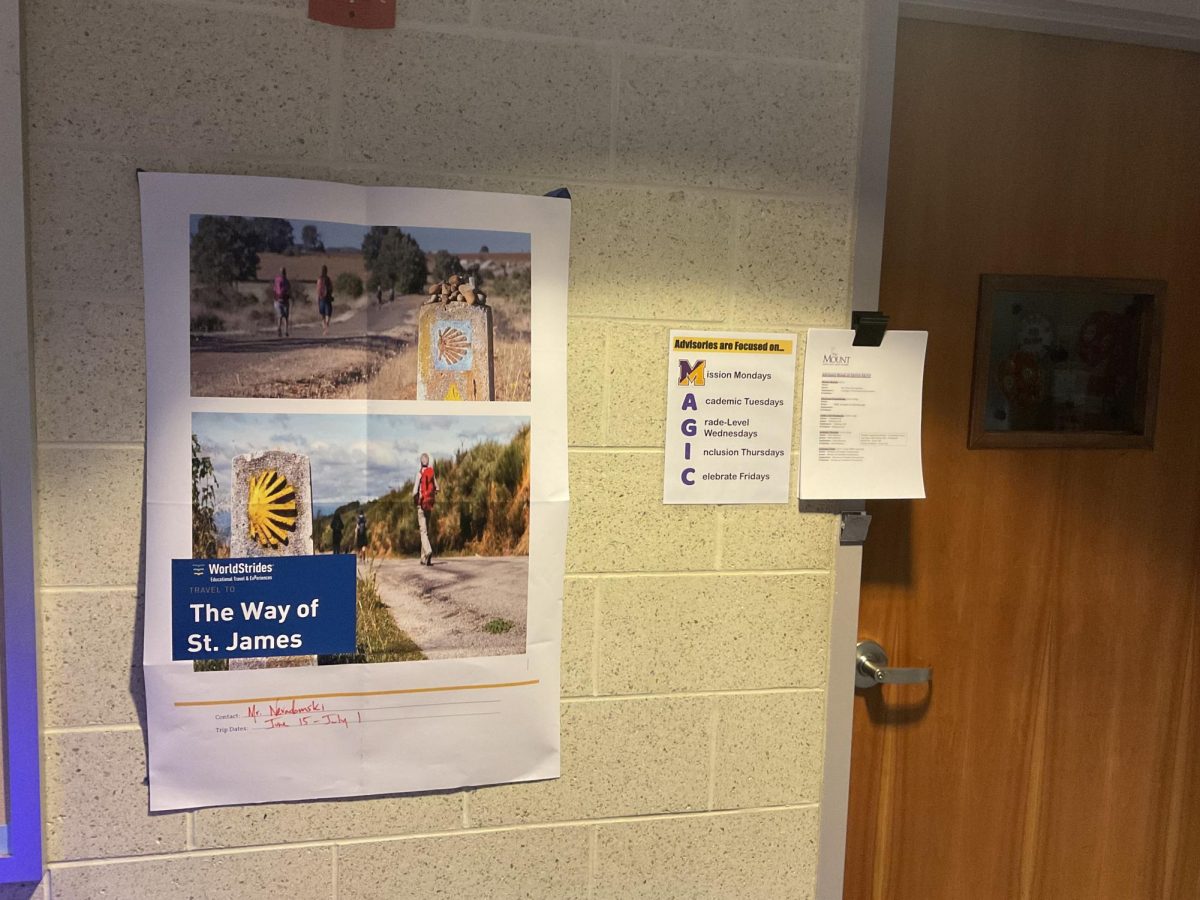


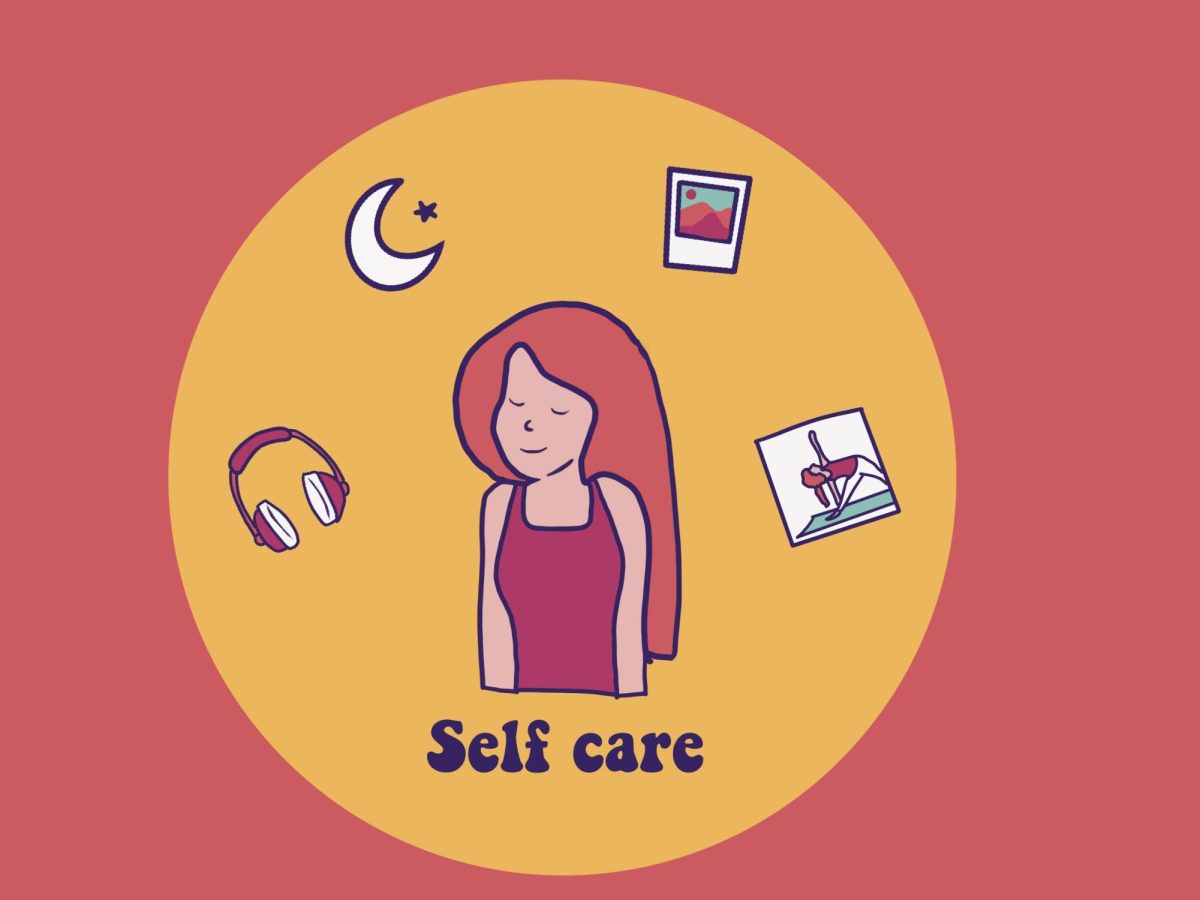
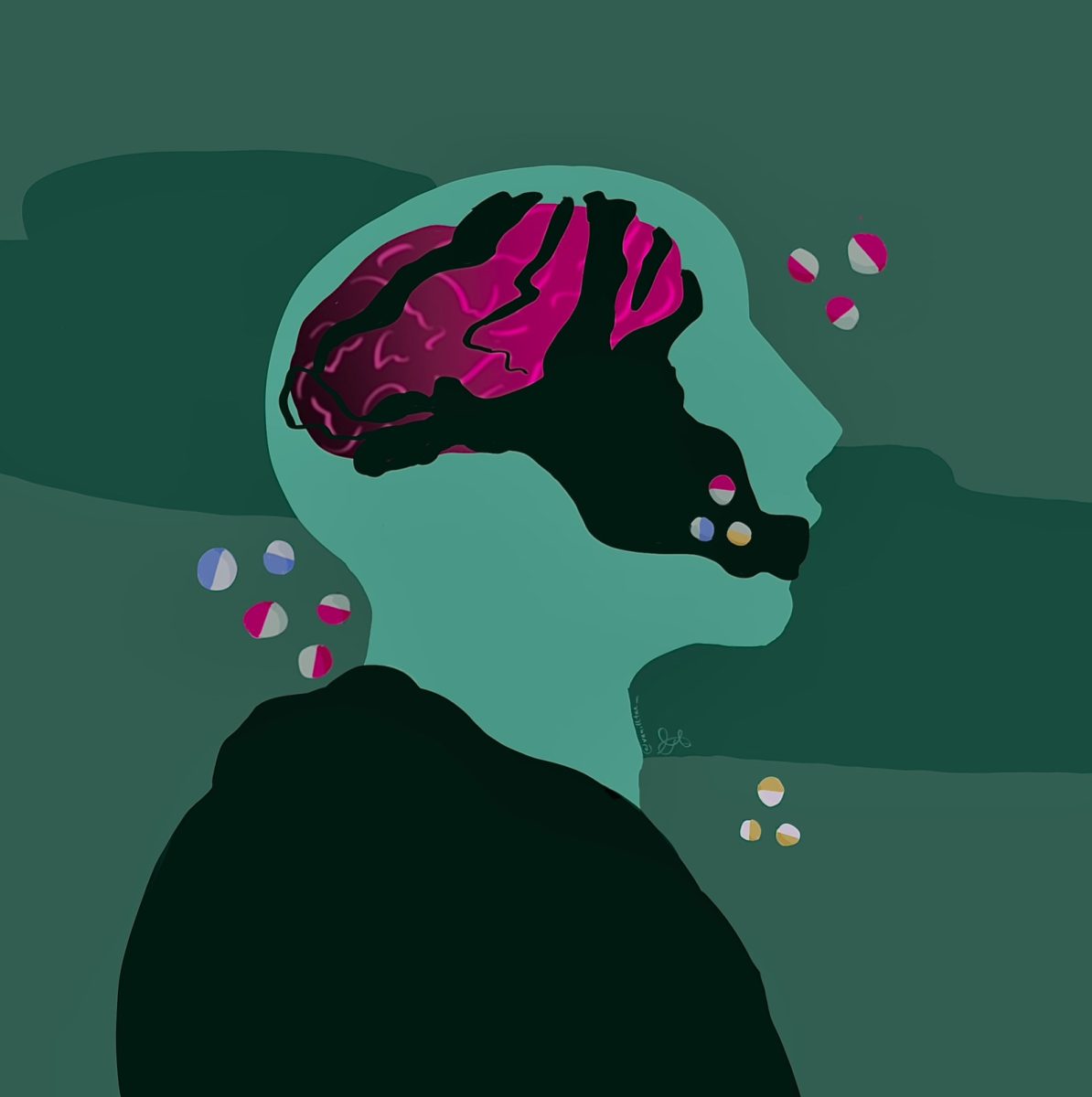
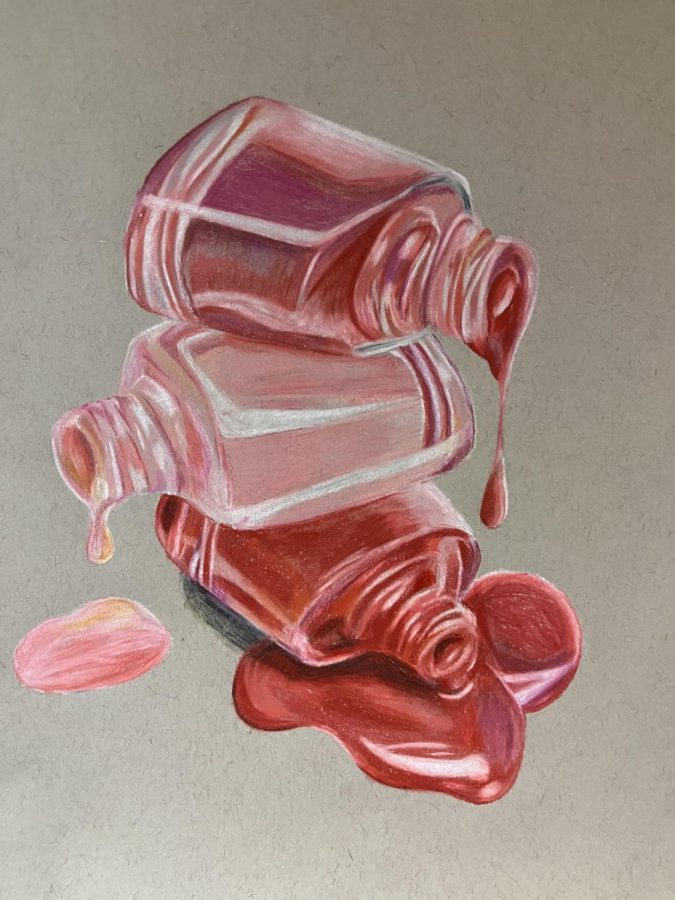



















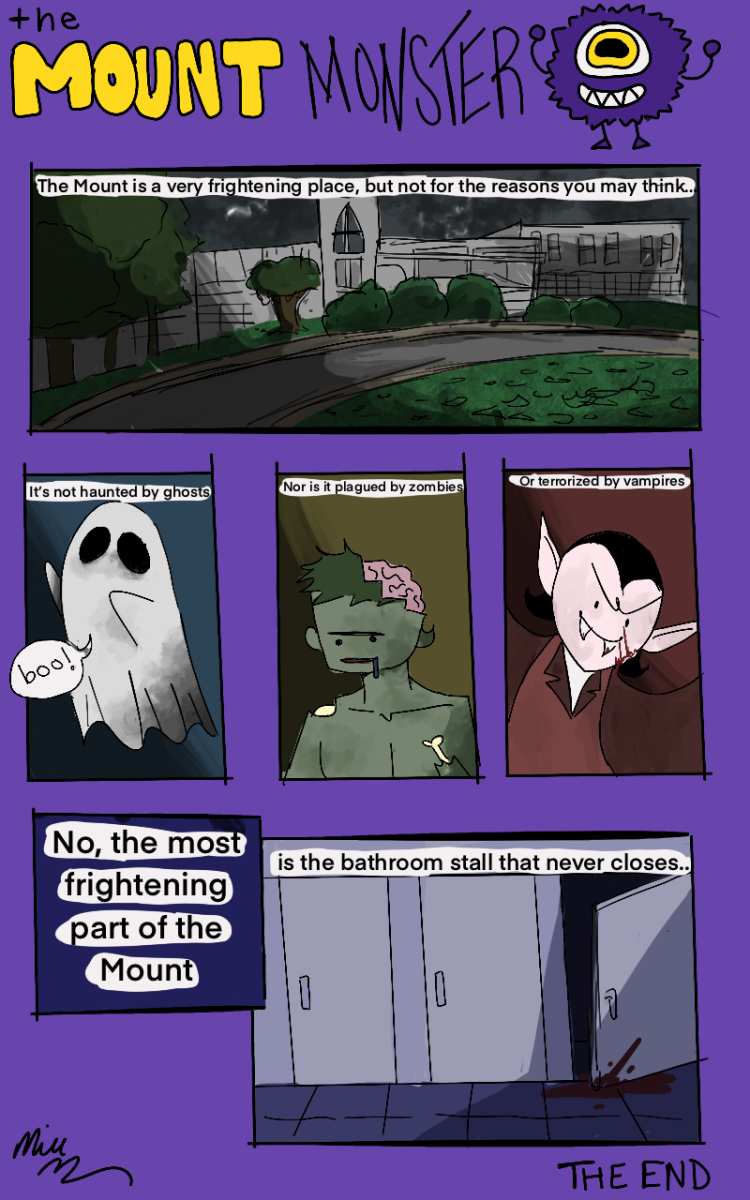
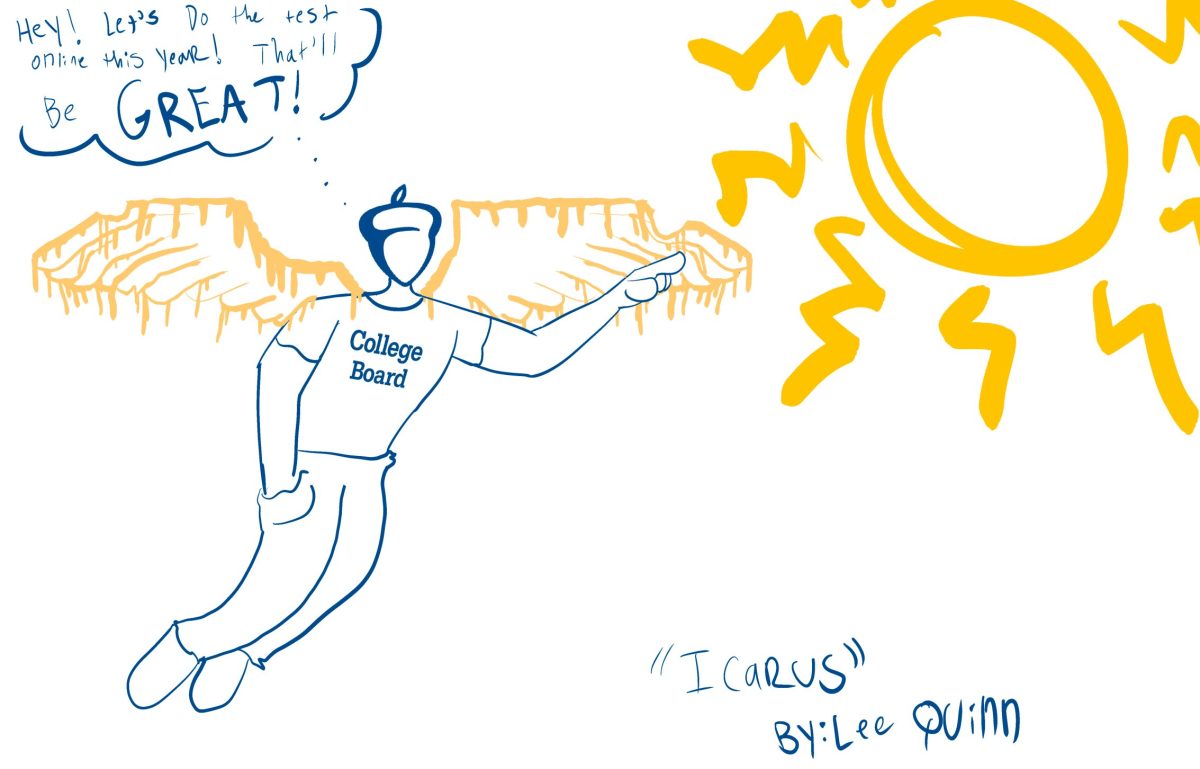

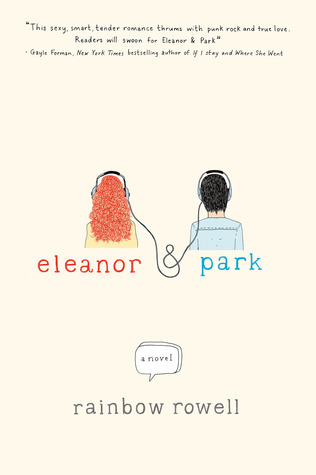
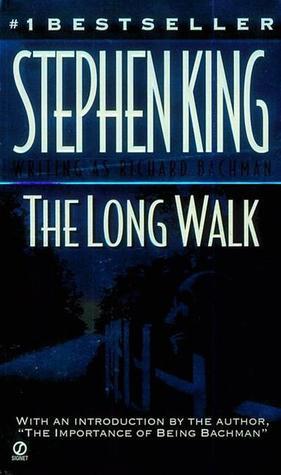





Charlie • May 25, 2022 at 4:39 pm
I loved this article! I am going to try to be on my phone less while studying now. Thank you! I also absolutely loved the bit about goldfish! I am looking forward to your future articles!